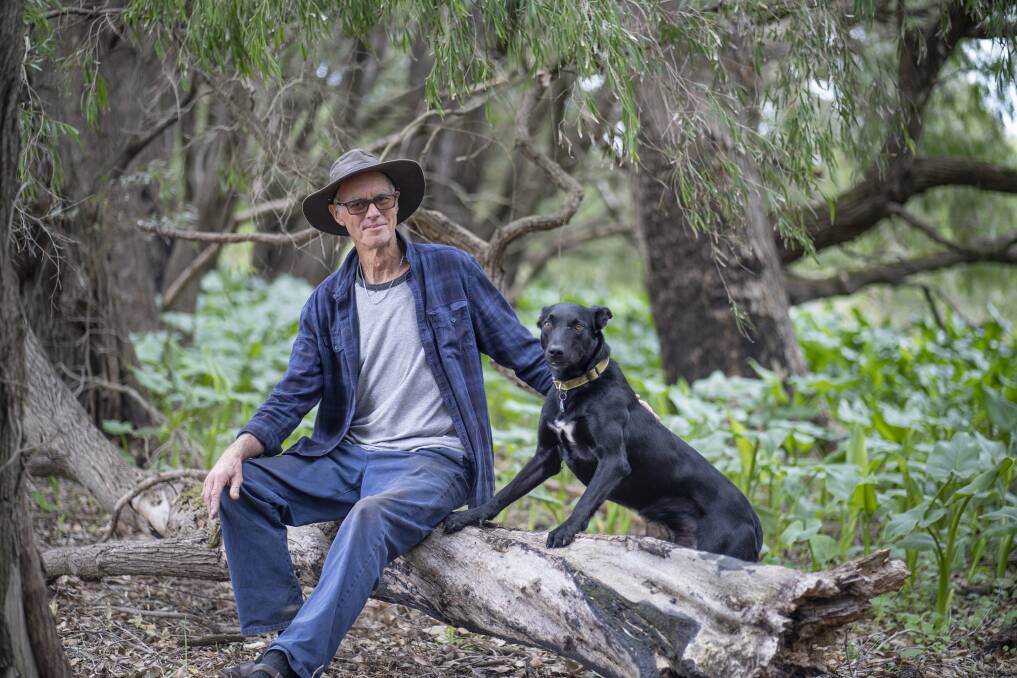
Nature Conservation and the Lower Blackwood Land Conservation District Committee (LCDC) blitz on arum lilies is helping farmers across the region reclaim pasture land, enhance productivity and protect natural assets.
Create a free account to read this article
$0/
(min cost $0)
or signup to continue reading
One of these farmers is Trevor Dennis, a lifelong local who runs sheep and grows blue gums at his Karridale property, dubbed Cloverdene.
I don't know what it was, whether it was because we'd moved soil around, but they were swamping everything.
- Trevor Dennis
Mr Dennis said arum lilies had dotted the property in small clusters for as long as he could remember, but something changed in 2005 and they began spreading like wildfire.
"I don't know what it was, whether it was because we'd moved soil around, but they were swamping everything," he said.
"And nothing will grow underneath them, so I knew I had to do something."
Mr Dennis called on support from the Lower Blackwood LCDC.
"The LCDC provided support that enabled me to bring in (contractor) Rick Ensley, who did an incredible job," he said.
"You can clearly see the cut-off line where the spraying was done and where we stopped."
Arum lilies were introduced from South Africa and are blanketing the region, non-discriminately infesting everywhere from native bush to farmland.
Nature Conservation project officer Genevieve Hanran-Smith said arum lilies were especially problematic on farms because the plant was toxic to livestock, pets and potentially even children.
"Sheep generally avoid eating the lily, but if it takes over pastureland and there's not enough food for livestock they will - sometimes with terrible consequences," she said.
The plant contains several toxic agents that irritate the gastrointestinal tract, causing animals to salivate excessively and arch their backs from abdominal soreness and bloating.
Several years ago, hundreds of sheep died in the region from eating arum lilies, but with organisations like Nature Conservation, the Lower Blackwood LCDC, local and State Government agencies, and many hundreds of private landholders now undertaking arum lily control, Ms Hanran-Smith said history didn't need to repeat itself.
The three-year Arum Lily Blitz is now entering year two and is funded through the WA Government's State NRM Program.
The coordinated, concerted and sustained eradication effort provides resources, contractor subsidies in high priority areas and free herbicide for all landholders.
Mr Dennis said it was important everyone got involved because of how easily birds could transfer the seeds.
"The only way my neighbours will be able to get rid of them is if I control them too," he said.
"But more people are starting to take notice now and my neighbours around me are involved, so that'll really help us get on top of things."
Go to www.natureconservation.org.au for more information.

